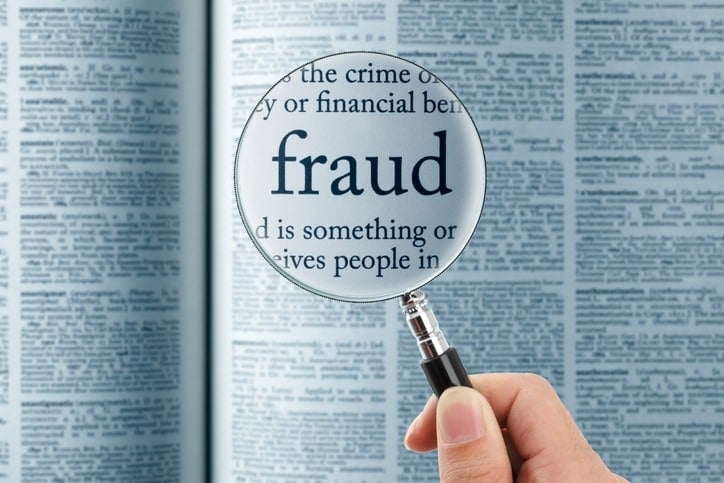According to a DOJ press release, two men were found guilty of multiple counts of conspiracy to commit mail and wire fraud, and money laundering. They were selling company stock of a sham company named Niyato Industries Inc. to elderly victims. The men were promising big gains from their investment fraud and used high-pressure sales tactics.
The DOJ says 51-year-old Michael Allen Duke of Richardson, Texas, and 62-year-old Robert Leslie Stencil of Charlotte, North Carolina were sentenced by U.S. District Judge for selling worthless stock. The company had no patents, facilities, or an IPO.
“Together with their co-conspirators, Stencil and Duke portrayed Niyato as a leader in its field, manufacturing electric vehicles and converting gasoline vehicles to run on compressed natural gas,” read a statement from the Justice Department. “Stencil, Duke and their co-conspirators told victims that Niyato was run by a team of high-profile executives and that Niyato had patented technology, state-of-the-art facilities and valuable contracts.”
Duke, following a three-week trial that began earlier this month, was found guilty of one count of conspiracy to commit mail and wire fraud, three counts of mail fraud, one count of wire fraud, and one count of money laundering and sentenced to 70 months in prison and ordered to pay $1,635,485 in restitution.
Stencil was found guilty of one count of conspiracy to commit mail and wire fraud, 13 counts of mail fraud, 13 counts of wire fraud, and four counts of money laundering. He was sentenced to 135 months in prison and ordered to pay $2,745,239 in restitution and to forfeit $868,317.58.
Whistleblower Rewards for Reporting Investment Fraud
The SEC encourages whistleblowers to help expose such fraud and other violations of the federal securities laws. The Dodd-Frank Act, which was signed into law in 2010, entitles whistleblowers to receive a reward if their original information leads to a successful enforcement action with total monetary sanctions of more than $1 million.
Under Dodd-Frank’s SEC Whistleblower Program, a whistleblower may receive an award of between 10 to 30 percent of the total monetary sanctions collected. Notably, the SEC is authorized to pay monetary awards in certain successful “related actions” if the action is based on the same original information that the whistleblower gave to the SEC leading to the SEC obtaining monetary sanctions totaling more than $1 million.
If represented by counsel, a whistleblower may submit a tip anonymously to the SEC.
To learn more about the SEC Whistleblower Program, download the eBook SEC Whistleblower Program: Tips from SEC Whistleblower Attorneys to Maximize an SEC Whistleblower Award.








